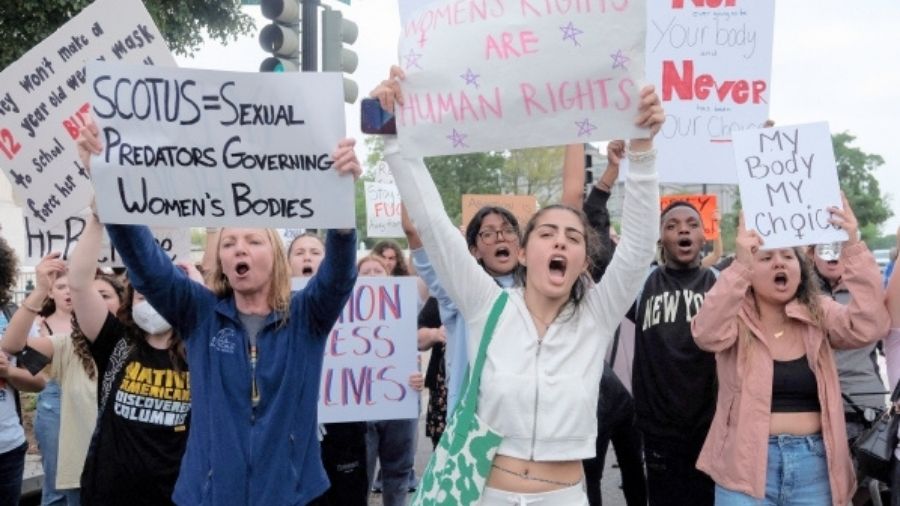In the United States of America, they are calling it the leak of the century. A draft judgment prepared by the US Supreme Court, accessed by the publication, Politico, suggests that a majority of judges on the conservative-leaning court are planning to overturn a national right to abortion, codified in the historic Roe versus Wade verdict of 1973. The revelation has ignited deep worries in millions of American women, inflamed the already heated politics around abortion in that country, and sparked questions about whether societies can put religious morals above the health and rights of prospective mothers. If the top court in the US indeed goes ahead with a verdict along the lines of the draft, it would also represent a major global setback for advocates of maternal health, abortion rights, and gender equality. Within the US, such a ruling would push the law on abortion rights to states, where each legislature will have the authority to decide whether to allow, regulate, or completely ban the practice. America could witness a mass migration of younger people — who usually poll pro-abortion — away from states that bar abortion. Illegal, unsafe clinics could flourish.
But the implications would not be limited to America’s borders. The draft ruling of the Supreme Court underlines how rights won after decades of popular movements can no longer be taken for granted. Some of the world’s most Catholic-dominated nations have embraced the right to abortion in recent years. Ireland, where an Indianorigin dentist died of sepsis after she was denied a medically recommended abortion in 2012, overwhelmingly voted to end a ban on terminating pregnancies in a 2018 referendum. San Marino followed suit last September. In deeply religious Latin America, Mexico and Argentina have both declared abortions legal over the past two years. Now the women who have drawn hope in these nations know that their historic victories can be reversed. Already, Greece is witnessing an increasingly aggressive campaign backed by the Orthodox Church, seeking to roll back the right to abortion — legal since 1986 — in that country. That movement has received support from US groups that advocate against abortion rights, highlighting how American politics often seeps into foreign nations. In January 2021, Poland introduced a near-total ban on abortion.
Yet, in truth, the debate boils down to the right of women to choose for themselves. A defeat for Roe versus Wade after half a century of national abortion rights in the US will embolden those around the world who want to similarly dictate what women should and should not do. That is particularly worrying at a time when religion, politics and male entitlement are coalescing in a toxic cocktail in India to assert that young women cannot wear burqas in schools and colleges and must steer clear of inter-religious marriages. Over the past five years, 21 million women have been pushed out of the workforce in India. When America sneezes, the world often catches a cold. India must not











